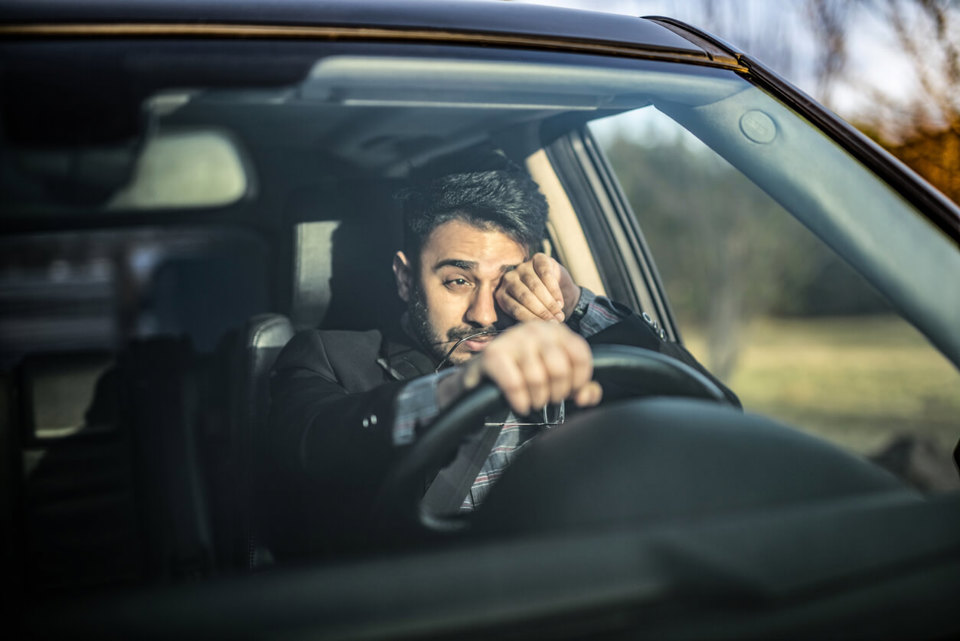Drivers feeling the pressure to safeguard their jobs or reduce expenses are putting themselves at risk of fatigue, experts at Norwich Union are warning.
Employers looking to cut costs such as an overnight stay could be risking prosecution if their drivers are involved in an accident due to tiredness.
Driver fatigue is responsible for 10% of accidents each year and road accidents relating to sleepiness are more liable to result in death or serious injury as drivers fail to brake prior to impact.
Mike Smith, commercial motor technical manager at Norwich Union, said: “Employees may be feeling the pressure to keep their jobs by working longer hours.
"Doing that extra run or long journey home at the end of a busy day can increase the possibility of feeling tired at the wheel.”
One example in 2007 was that of Michael Eyres, an employee of Atkinson’s Kitchens and Bedrooms, who crashed his van on the M1 having worked a 19-hour day and driven hundreds of miles.
It was concluded that while the accident was caused by Eyres falling asleep, it was his employer, by encouraging a long-hours culture, who had been negligent by requiring him to drive in such circumstances and doing nothing to guard against the risk.
Smith said: “Although it is difficult to prove conclusively, driver fatigue is recognised as a major cause of collisions, particularly on motorways.
“Driving while tired means reaction times are slower and vigilance, alertness, concentration and the quality of decision-making are severely affected.
“Employers need to be aware that in the event of their driver having a serious accident due to fatigue they might be investigated by the Health and Safety Executive or the police.
"If the driver fatigue is caused by unrealistic journey schedules or working hours then the employer could be prosecuted.”
















Login to comment
Comments
No comments have been made yet.